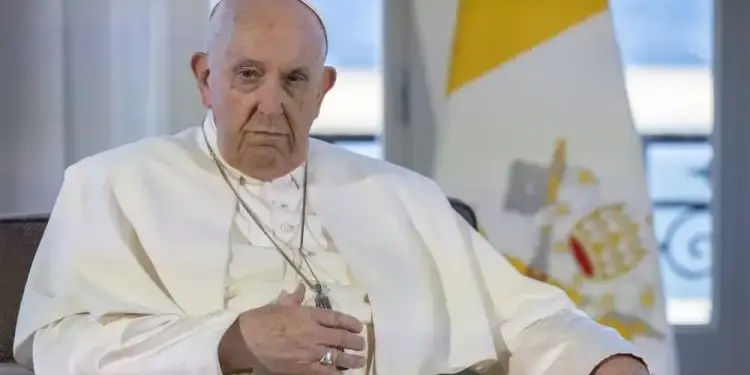The Vatican announced this Monday, April 21, 2025, the death of Pope Francis at the age of 88.
First pope from the American continent and the first Jesuit to access the throne of Saint-Pierre, Jorge Mario Bergoglio, who became François in 2013, had deeply marked the contemporary history of the Catholic Church.
Elected following the resignation of Benoît XVI, Pope Francis quickly distinguished himself by his simple style and his message focused on mercy, social justice and the fight against inequalities. His commitment to migrants, environmental protection and transparency within the Church has earned him recognition far beyond religious circles.
During his pontificate, François multiplied the gestures of rapprochement with other confessions and religions, advocating interreligious dialogue and peace. He also opened unpublished debates within the Church on subjects such as homosexuality, the role of women, or even the celibacy of priests, aroused as many hopes as critics.
In recent years, the Pope had experienced declining health, marked by several hospitalizations and reduced mobility. However, he had maintained a sustained activity despite the difficulties, repeatedly refusing the idea of a resignation.
The death of Pope Francis now opens up a new vacancy period from the apostolic seat and the triggering of a conclave, during which cardinals around the world will have to elect his successor.








